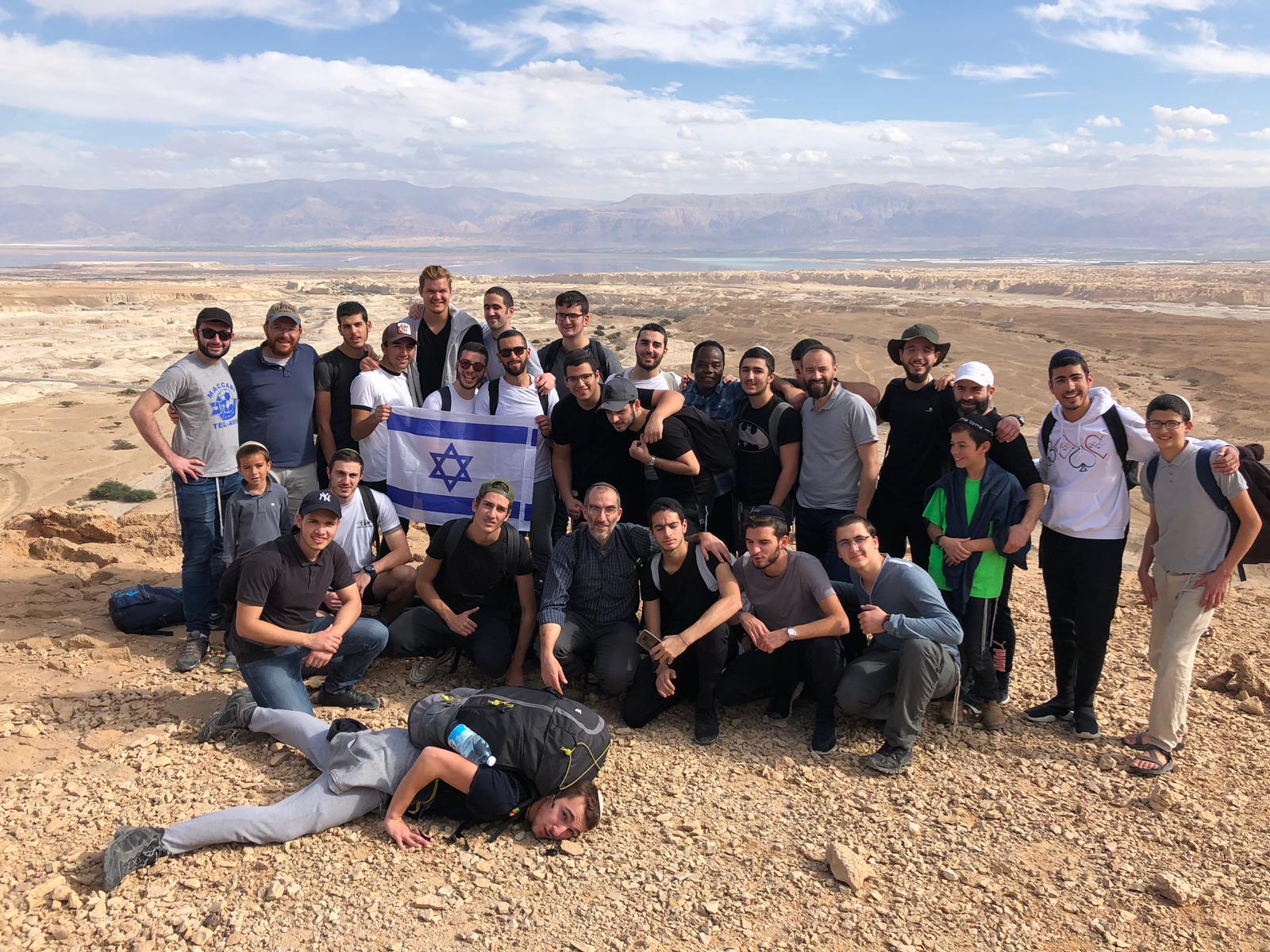Hebrew is the Key
by Tzvi Fishman

From time to time, young men from America ask my advice about choosing a yeshiva in Israel. In my opinion a yeshiva with a Hebrew ulpan is the key to success, especially if the person is contemplating making Aliyah and living in the Jewish Homeland. This is the advice that a Rabbi gave me when I first came to the Holy Land and it proved to be true in all regards. Firstly, in regards to Torah learning itself, there is no question that a person who learns Torah in Hebrew has a tool which leads to a clearer and deeper understanding of texts and their commentaries. Nothing can compare with learning Torah and Rashi in the original Hebrew in order to grasp nuances which don’t exist in other tongues. Our Sages tell us that darkness came to the world for three days when the Torah was translated into Greek during the reign of King Talmai. A fast day was declared because of the great anguish over this event (Megillat Taanit, Chapter of Fast Days). The Gemara states that when Yonatan Ben Uziel translated the words of the prophet an earthquake shook the Land of Israel for 400 square parsangs because secrets of the Torah were revealed to mankind (Megilla 3A). This is because the sections of the Torah which deal with the end of the Exile and the coming of Mashiach are uniquely related to the Jews who live in Eretz Yisrael and speak Hebrew. To give just one example – the concept of holiness. For a person who grew up speaking English in America the word holy is associated with images of Jesus and Christmas stories because of the prevalence of Christianity in American culture and religion. A holy man is usually associated with a weak-looking figure who devotes himself to fasting and prayer. In contrast, the Hebrew word “kedusha” doesn’t have these distorted and alien understandings. For instance the prophets of Israel possessed great spiritual sensitivity and physical strength.
Our Sages teach us that one of the things which saved the Children of Israel from totally assimilating in Egypt during our long years of bondage was the fact that we continued to speak Hebrew. Maintaining our own language helped us to preserve our Jewish identity in a foreign land. The Hebrew language is not something external to our beings but rather an integral part of our essence and our souls as descendants of Avraham Avinu, the first Hebrew who was given that appellation because he came from “the other side” – meaning that his language and belief in the One and Only G-d set him apart from everyone else, giving him his unique identity.
When I first came to Israel, one of the reasons I chose to study in Yeshiva Machon Meir is because it offered a Hebrew ulpan. The main student body of the yeshiva are Israelis but there are divisions for students who speak English, Russian, French, and Spanish. Learning in the large Beit Midrash with students from all over the world you really feel the excitement of “kibbutz galiyot” – the ingathering of the exiles. The goal of the yeshiva is that foreign students learn in the school’s multi-leveled ulpans so that they can eventually learn in Hebrew alongside the Israelis. Needless to say, in addition to developing an understanding of Torah not polluted by foreign and non-Jewish conceptions, the student intent on living in Israel gains a key to success in his new Homeland by acquiring a working knowledge of the language of the country. Knowing Hebrew, a new immigrant to Israel has a much easier time navigating his way through the many challenging differences he discovers in the mentality, culture, and everyday affairs of his new environment. If he serves in the Israeli Army his service will be far easier and enhanced, and when he enters the job market he will have much greater job opportunities. Knowing Hebrew is the key to success in Torah and to success in the Jewish Homeland. Hatzlacha!






